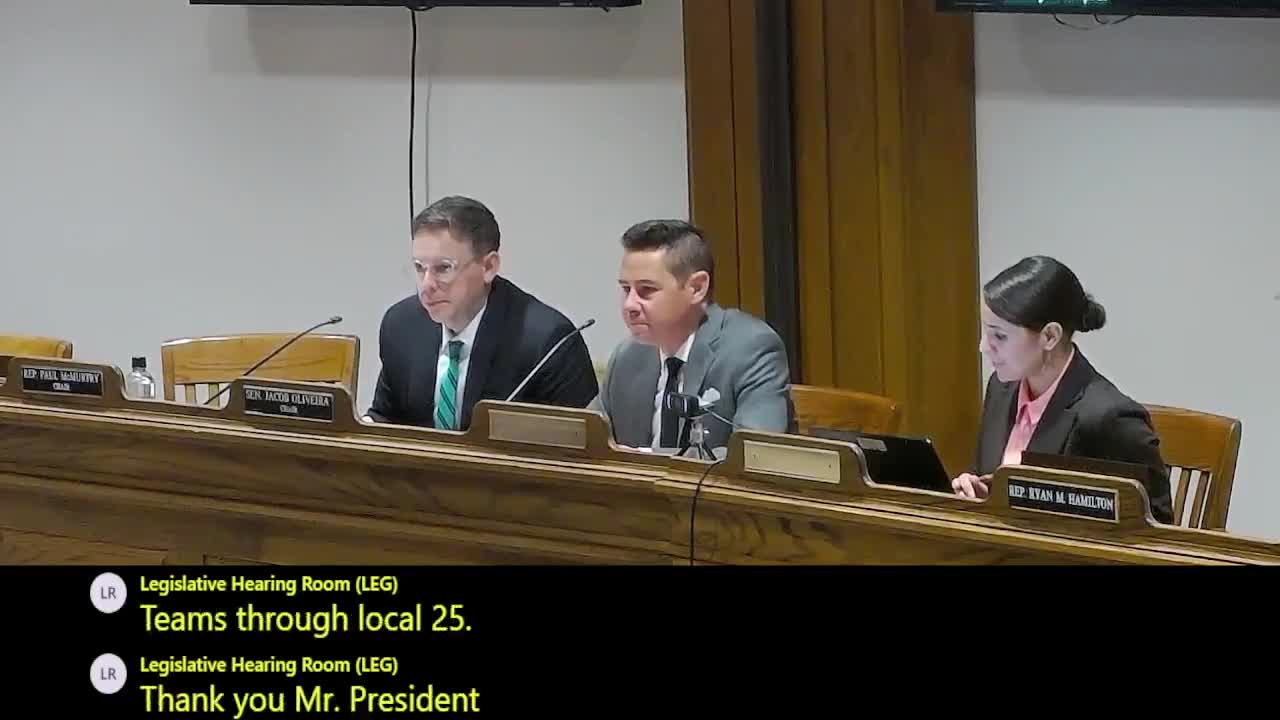Article not found
This article is no longer available. But don't worry—we've gathered other articles that discuss the same topic.
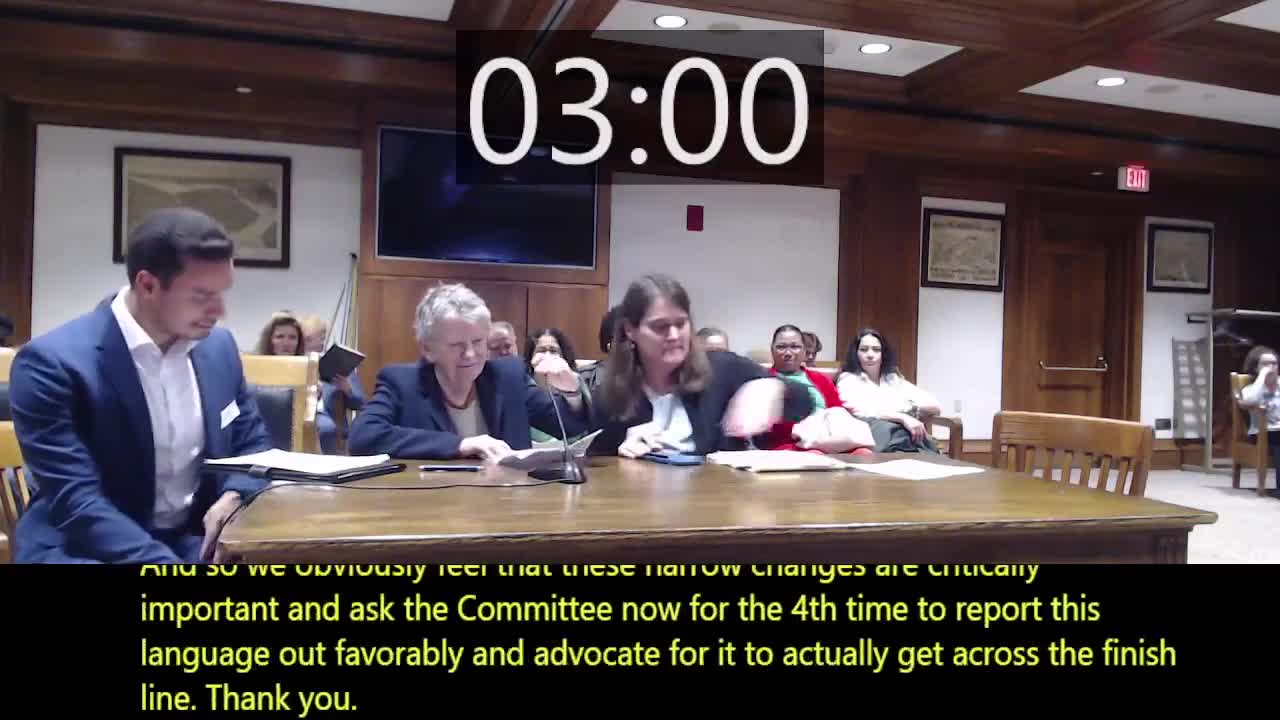
Family of worker killed on job urges higher worker-compensation funeral reimbursement
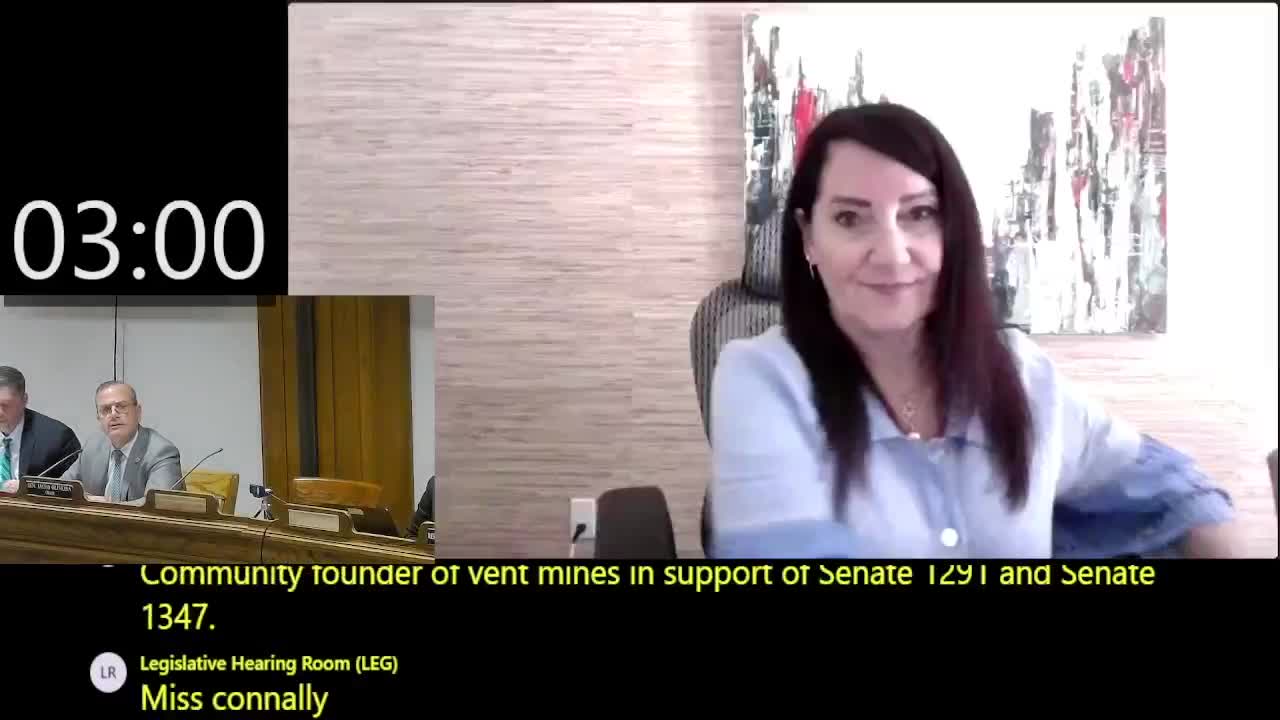
Dozens testify in support of workplace psychological‑safety bills after injuries, long-term harm described
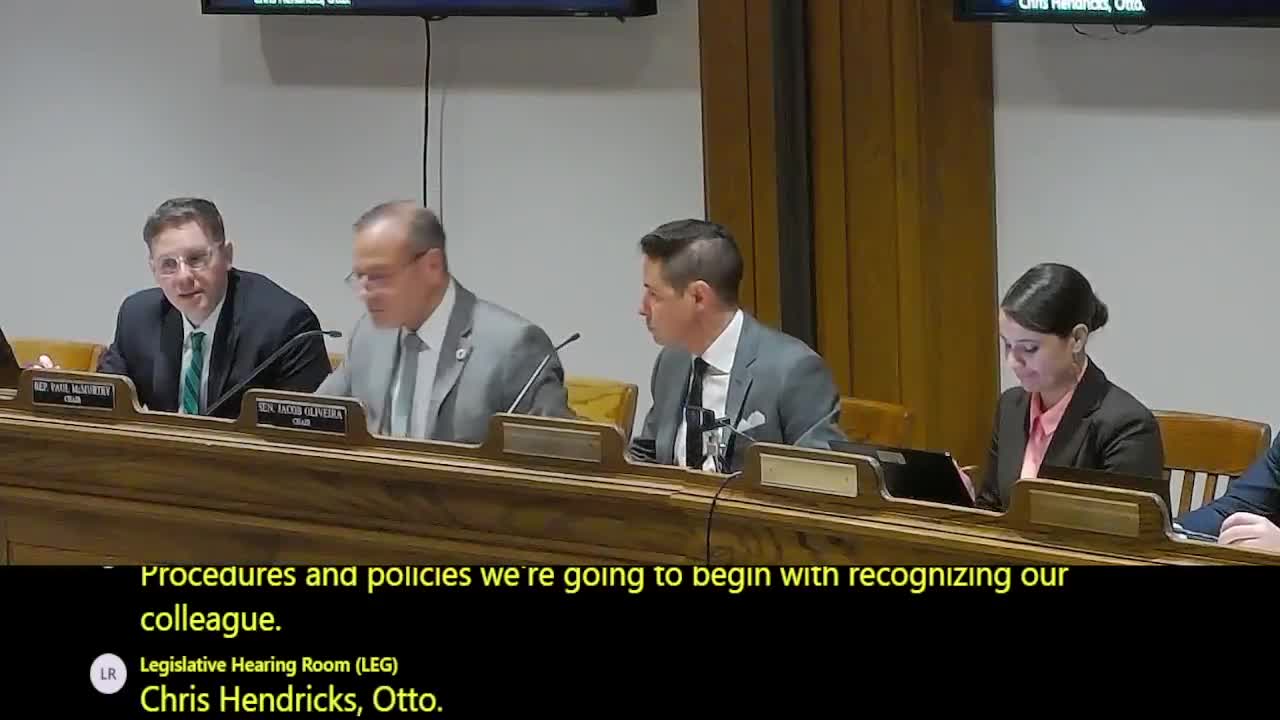
Supporters urge raising $15,000 cap on disfigurement benefits, expanding covered body areas
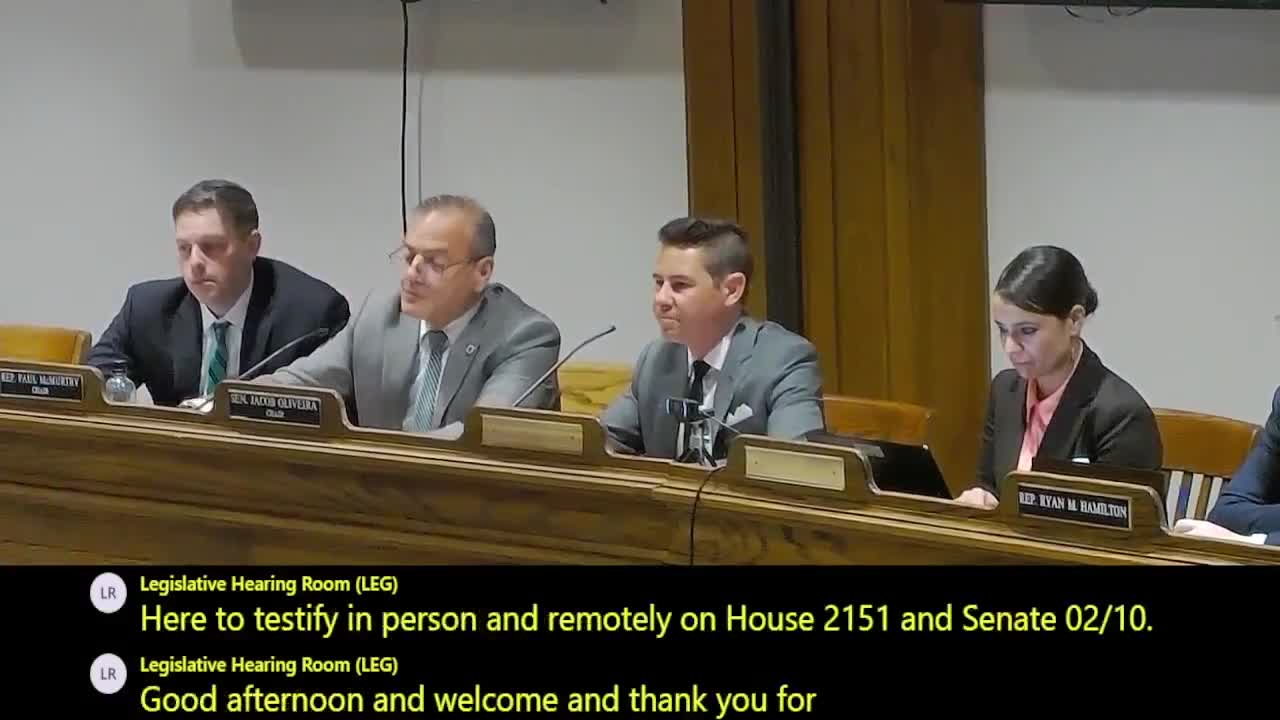
Advocates push for 'Act to Protect Injured Workers' to strengthen anti-retaliation enforcement
